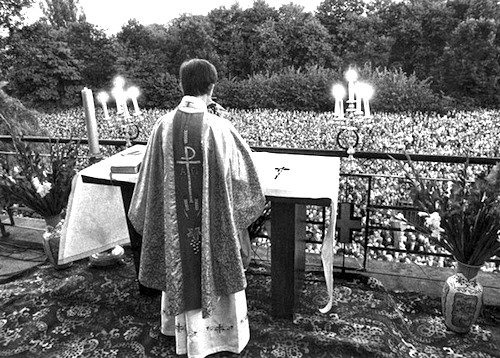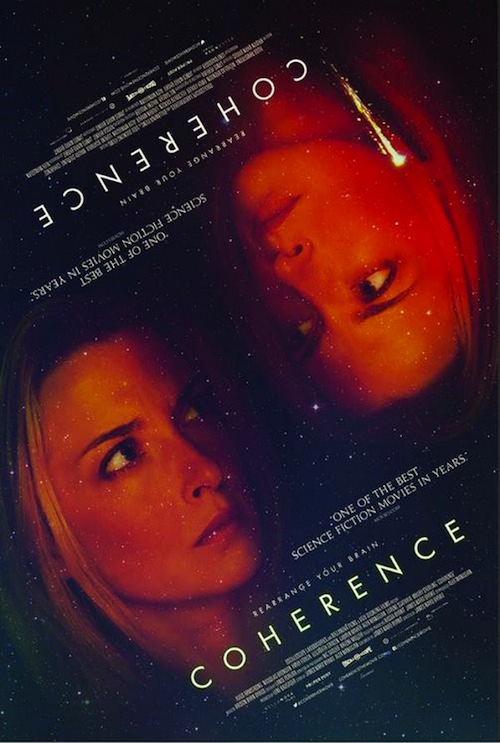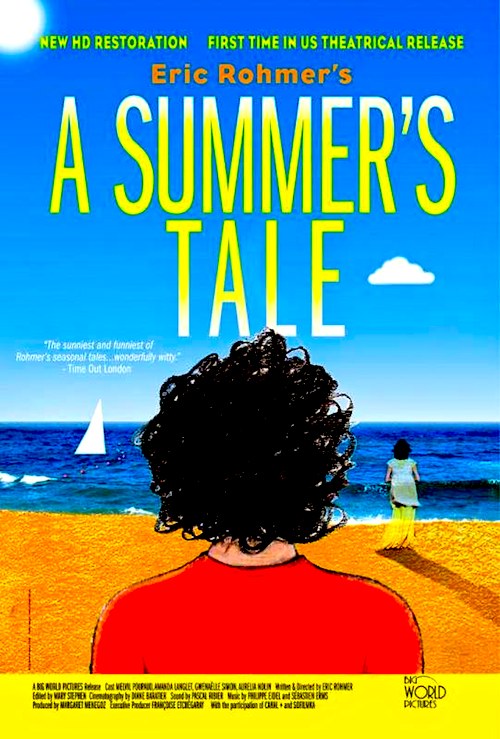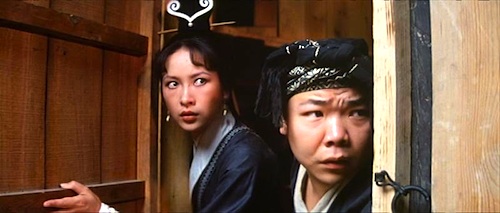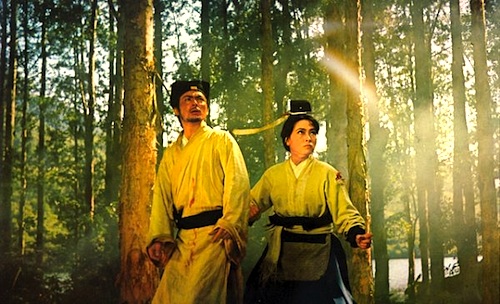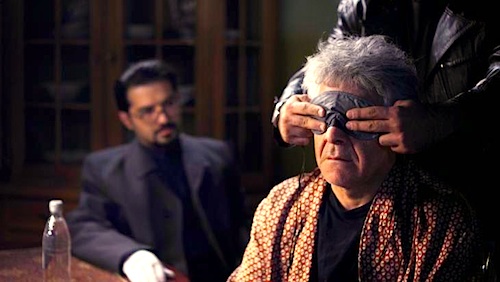By Joe Bendel. It is sort of like Fincher’s The Game, with the economic sensibilities of Glengarry Glen Ross. Supposedly its origins trace back to ancient Rome, but savvy Asian film fans will recognize its first cinematic manifestation came in Chukiat Sakveerakul’s 13: Game of Death. Daniel Stamm re-conceives the macabre Thai thriller in New Orleans, where the desperate will still be tempted to commit the most heinous crimes throughout 13 Sins, which has just been released on DVD.
Elliot Brindle would agree with Alec Baldwin, sales is a “tough racket.” Recently fired from his firm for not being sufficiently predatory, Brindle is already drowning in debt. In addition to his pending wedding to his pregnant girlfriend, Brindle suddenly must also cover his developmentally disabled brother’s outpatient treatment and care for his ailing racist father.
Things are looking pretty depressed for Brindle, but from out of the blue, a mystery caller offers him one thousand baht (sorry, make that dollars) to kill the fly buzzing around his car. Yes, their apparent surveillance is a little disconcerting, but he does it anyway and the money is immediately deposited in his account. The voice of character actor George Coe then offers him more money to eat the fly, which he does, knowing it is just protein. Those were the first two challenges out of thirteen. Of course, they escalate in severity, but Brindle is already hooked. Failure will result in the forfeiture of his winnings, but all the felonies he is about to commit will be wiped clean with ultimate victory.
Stamm and co-adapter David Birke cleverly devise challenges that are graphic and game-worthy, but not so repellent they irreparably sabotage our rooting interest in Brindle. There are some okay twists to the tale, but the big one stretches credibility. For the most part, Stamm keeps the film humming along slick and tight, without belaboring the class warfare undercurrent.
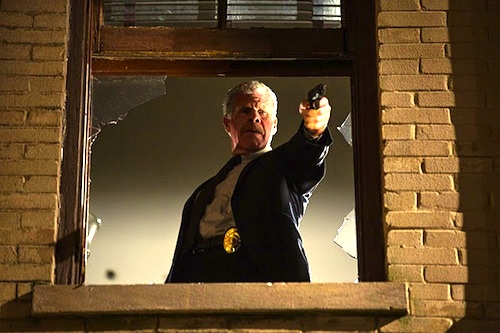
13 Sins also benefits from ever-watchable genre vets Ron Perlman and Pruitt Taylor Vince as the tight-lipped Det. Chilcoat and the twitchy conspiracy theorist Vogler, respectively. Stamm has them standing around more than he should, but they each deliver one of the film’s two best lines in perfect deadpan style.
In contrast, Mark Webber is a rather weak lead, but he is still convincingly earnest and put-upon as poor Brindle. Frankly, Tom Bower frequently up-stages him as his snarling old man. On the down side, Devon Graye’s performance as brother Michael is just problematic on multiple levels.
By thriller standards, 13 Sins is serviceable enough, but it never fully captures the flavor of its NOLA setting. Frankly, that was a lost opportunity to give the film a more distinctive identity. A professional return to familiar territory, 13 Sins is passable but not essential viewing for fans of dark thrillers with a dash of horror seasoning. It is now available on DVD and Blu-ray from Anchor Bay and Radius TWC.
LFM GRADE: C+
Posted on June 18th, 2014 at 9:30pm.
